Westminster year in review: Who is up and who is down in 2020?
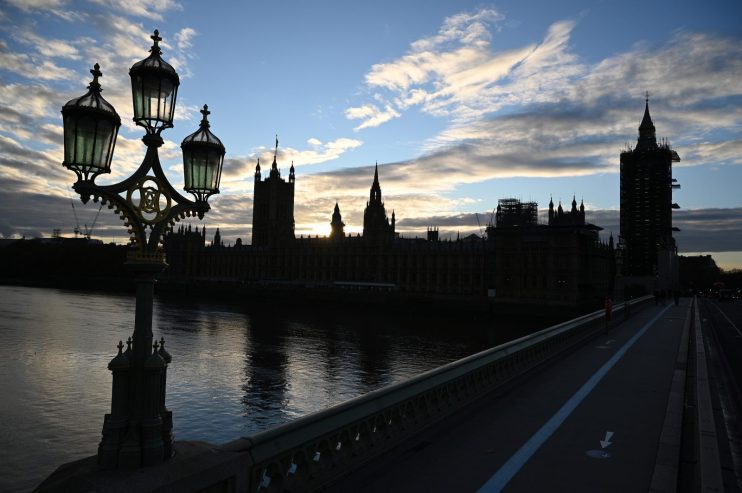
As the UK ushered in 2020 it looked as if Boris Johnson had an unshakeable grasp on Westminster and the Conservative party.
Johnson’s election landslide win last December and his victory in dragging the UK out of the EU in January made him look infallible.
Before the Open newsletter: Start your day with the City View podcast and key market data
His first full calendar year in office has instead been plagued, literally, by complete disaster and his approval rating is floundering.
City A.M. takes a look at who was up and who was down in Westminster, after a year almost everyone would simply like to forget.
Who’s up?
Rishi Sunak
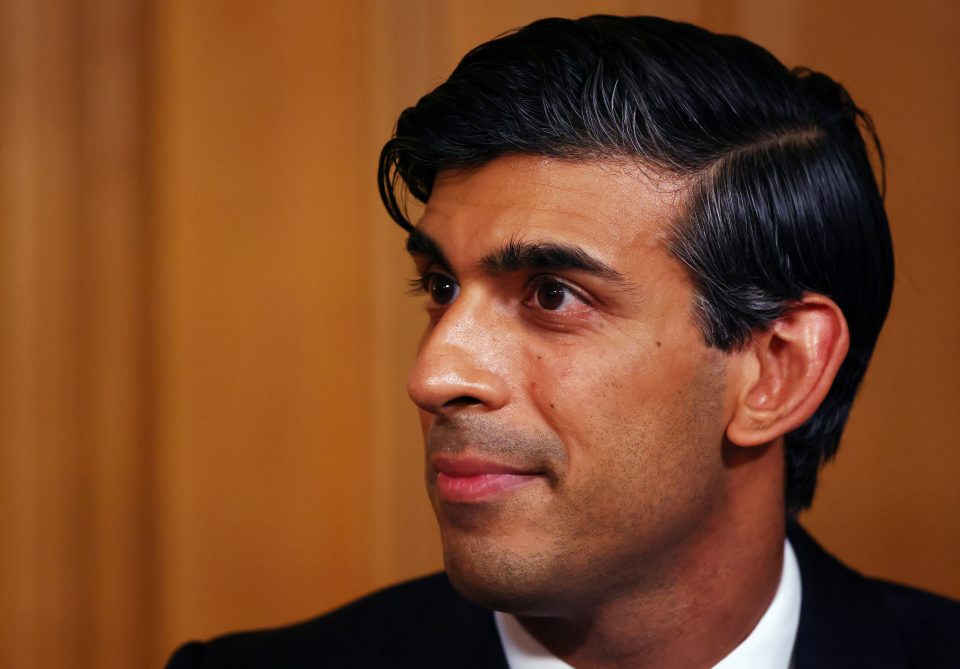
Rishi Sunak started the year as a little known Treasury minister and will end it as the most popular member of the government and heir apparent to Johnson’s throne.
By the time Sunak delivered his first Budget in March, weeks after being appointed as chancellor, Covid was beginning to grip the UK and the country was in lockdown soon after.
He won high praise for his big spending Budget and his star only rose higher as the Covid crisis progressed.
This helps when you spend more then £200bn to help keep the UK economy afloat, pay millions of people’s wages and give people half-priced meals for one glorious month.
He’s also been the government’s best public speaker and has often displayed a sense of empathy and likeability that is too rare in British politics today.
Sunak’s team also shrewdly built off his growing popularity, which included being ordained as “dishy Rishi” on Twitter, by creating a bespoke media brand that separated him from the much maligned cabinet during the worst phases of the pandemic.
Now comes the hard part for Sunak – maintaining his popularity as job losses pile up and tough fiscal policy decisions need to be taken.
Nicola Sturgeon and the Scottish independence movement
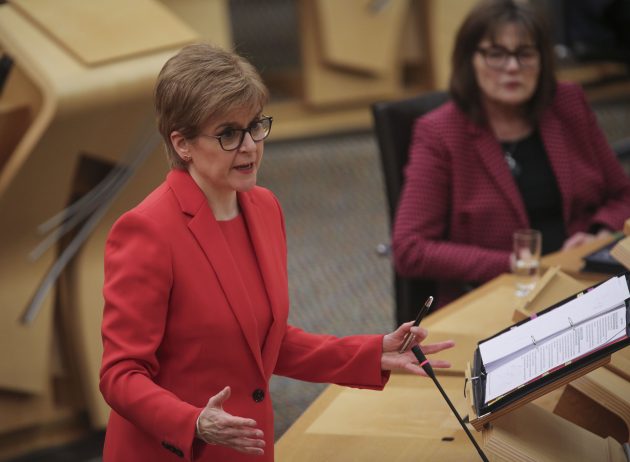
The latest polling figures show a majority of Scottish people would vote for independence if the vote was tomorrow.
Brexit, Johnson’s unpopularity north of the border and the government’s handling of the Covid crisis are thought to be driving the renewed separatist sentiment in Scotland.
Scottish first minister Nicola Sturgeon also continues to be popular in Scotland, despite overseeing an objectively awful Covid response.
The SNP also look set for another victory in next year’s Holyrood election, with the party already claiming that a win would give Scotland a mandate for another independence referendum.
Johnson has said categorically on multiple occasions that there will not be another referendum as the 2014 vote was meant to be a “once in a generation” decision.
In any case, look for Scottish independence to be one of the defining issues in Westminster and north of the border for years to come.
Sir Keir Starmer
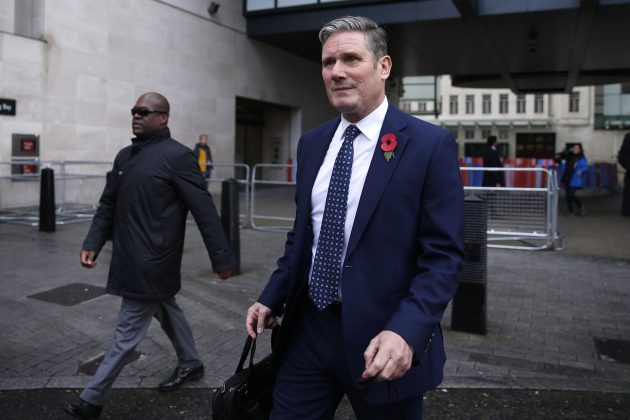
So far so good for Sir Keir Starmer who has brought Labour neck and neck with the Tories in Westminster polling.
He took over the party after its worst election defeat since 1935 and looked like he had much to do to clear away the far left faction from the levers of power.
To many people’s surprise this has happened very quickly – a majority of people on Labour’s ruling NEC body are now Starmer supporters and there are no Corbynistas left in the cabinet.
His grip over Labour is unquestioned and the party is already looking like a far more professional outfit than it has for many years.
His decision to not let Jeremy Corbyn to sit as a Labour MP, after the former leader’s response to the EHRC report on antisemitism in the party, was a defining moment for his leadership.
Labour is still far, far away from power, but Starmer at least has them heading in the right direction.
Carrie Symonds and Allegra Stratton
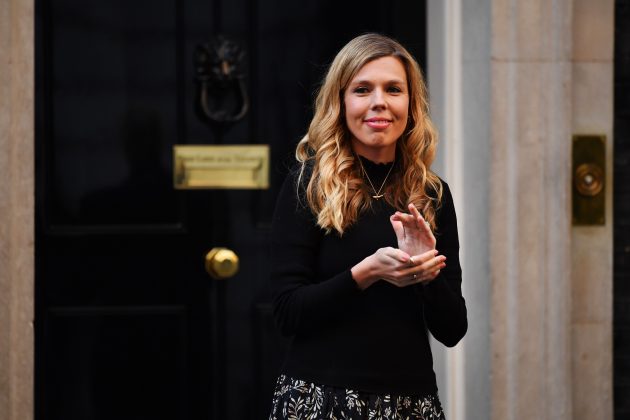
Carrie Symonds and Johnson’s press secretary Allegra Stratton appear to have formed a new centre of power in Downing Street, which will help shape the future of his government.
Media reports painted Johnson’s fiancee as the architect of Dominic Cummings’ downfall last month, after an almighty power struggle erupted at the heart of government.
Symonds and Stratton were victorious over the so-called Brexit lads Cummings and Lee Cain in what spelt the end of the Vote Leave government.
Symonds, who is a former head of communications for the Tory party, now stands as arguably the most influential of the Prime Minister’s political confidantes.
Stratton, a former ITV journalist, will also become a key face of the government next year when she begins to conduct daily televised press conferences.
Who’s down?
Boris Johnson
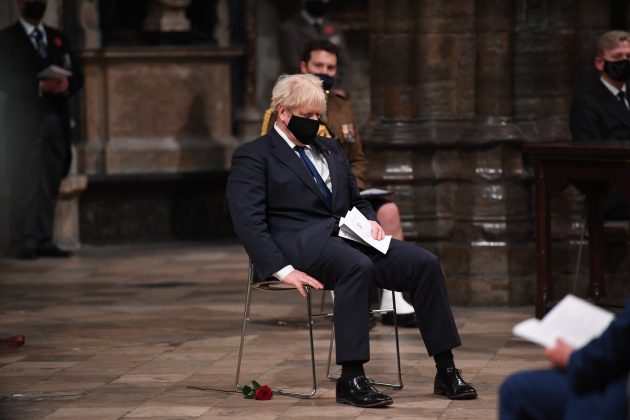
An obvious one, I know, but it’s impossible not to put the Prime Minister at the top of this list.
It really has been an awful year on and off the pitch for Johnson who has had to deal with a pandemic that has claimed 61,000 Britons, the worst recession for 300 years, tough Brexit negotiations, growing unease on the Tory backbenches and increasing unpopularity in the polls.
All this has come after almost dying of Covid in March and having a baby with Symonds just days after he got out of hospital himself.
He has also been dogged by rumours that Covid has taken a long-term toll on the usually ebullient Johnson and that he is considering resigning as soon as next year.
And to think that Johnson started 2020 fresh off an election landslide victory and was on the cusp of overseeing the UK’s exit from the EU.
On the bright side for the PM is that the next election is still more than three years away and he has plenty of time to win back the public’s trust.
Expect him to focus heavily on the government’s agenda to “level up” the Midlands and the North next year, while brandishing the UK’s impressive climate change record as the country hosts the 2021 United Nations Climate Change Conference.
The UK’s rollout of the first Covid vaccine just weeks ago will also have been an early Christmas present for Johnson.
Dominic Cummings
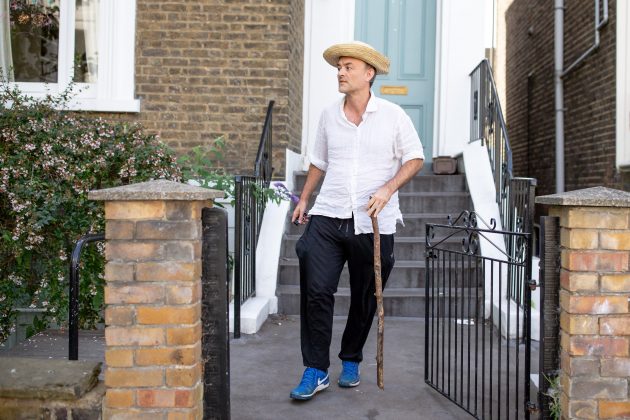
None in the Westminster bubble has fallen further this year than Dominic Cummings.
Cummings started the year as Johnson’s most indispensable aide, with many in the media depicting him as pulling the strings in Downing Street.
His immense power at the heart of government was especially evident in the amount of political capital the Prime Minister spent in standing by Cummings during the Durham lockdown saga.
In hindsight this incident, which turned into farce as Cummings fronted a press conference in the Downing Street garden, was the beginning of the end for the Vote Leave mastermind.
It looks that Cummings’ Whitehall revolution will be left unfinished, barring a remarkable comeback.
Jeremy Corbyn
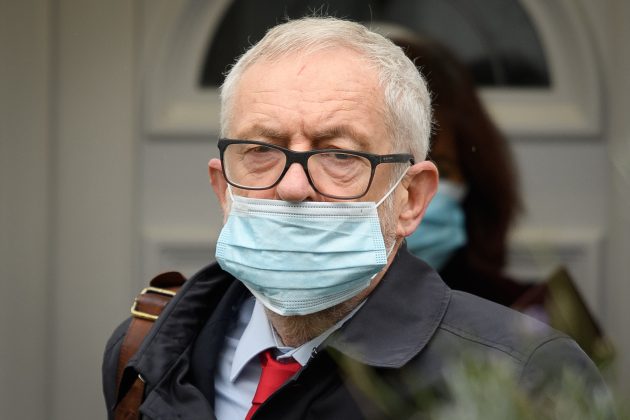
Jeremy Corbyn and his acolytes have fallen off the political map, with the former opposition leader now not even sitting as as Labour MP.
It’s only been eight months since Corbyn stepped down as Labour leader, but he has already returned to the political wilderness.
Corbyn was suspended by Labour in October for saying antisemitism in the party was exaggerated in response to the Equality and Human Rights Commission’s (EHRC) report into the party.
The suspension was quickly lifted by the party’s ruling body, however Starmer still refuses to allow Corbyn to sit as a Labour MP for his comments and failure to apologise in full for them.
The influence of his wing of the party had already diminished greatly by this point, with Starmer largely banishing Labour MPs from the hard-left Socialist Campaign Group to the backbenches.
Corbyn has now fully returned to the political fringes from whence he came and has just launched the new Peace and Justice Project, which will likely become a new tool for the hard-left to fight back against the moderate takeover of Labour.
Matt Hancock
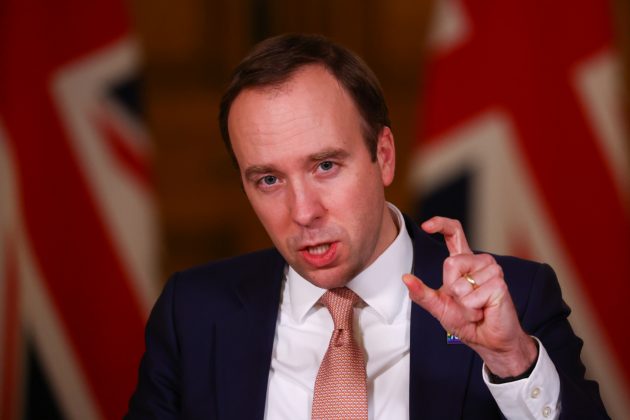
Health secretary Matt Hancock has led the UK’s coronavirus response, alongside the Prime Minister, and ultimately has to be accountable for many of the government’s failings.
The UK has one of the highest level of Covid deaths per capita in the world and the government has been rocked by and endless stream of poor decisions and scandals.
Whether it was not providing enough personal protective equipment to hospitals at the start of the pandemic, failing to control the spread of Covid in care homes or failing to get a track and trace system up and running, the UK’s Covid response has been beset by constant errors.
While Hancock has had some victories – like raising the UK’s testing capacity to a very high level – he ultimately has to bear much of the country’s poor response as its health secretary.
There has been constant media speculation this year that Hancock will get axed as health secretary in the near future, with reports in summer suggesting Downing Street was setting him up to be the government’s scapegoat for its Covid failures.